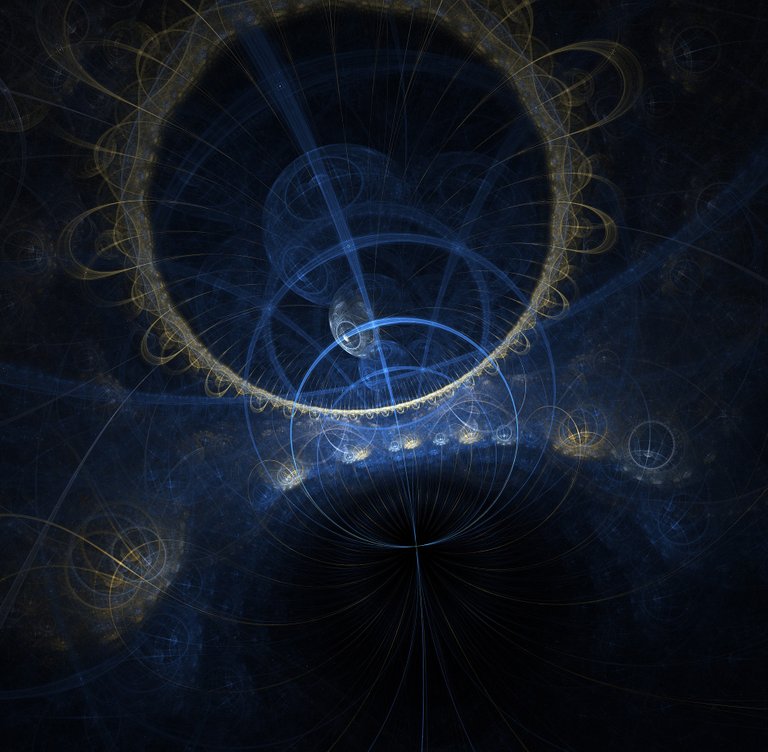Quantum physics is full of weird stuff – like quantum entanglement. While most of you heard of it nobody really ever took a photo of it. Until recently a team of British physicists recently managed to do it.

- Be also sure to check out my other posts and follow me @kralizec and subscribe to my Youtube channel at Kralizec Gaming Youtube Channel
To laymen, quantum physics may sound a bit like a collection of scary ghost stories. It’s one incredible phenomenon after another. And you can be amazed by them, be scared by them or maybe even by a bit scared by them but that is about all you can do. But what if someone took a photo of such a quantum event so you can directly see it?
Paul-Antoine Moreau from the University of Glasgow and his team managed just that. For the first time ever they photographed a quantum ghost. They took a picture of quantum entanglement or to be more precise, so-called Bells entanglement. The research was published by the journal Science Advances.
When two particles interact, under certain conditions they can become connected and share the same physical conditions no matter what the distance between them is at the moment. That essentially is quantum entanglement. While Einstein famously didn't have a good relationship with it nowadays quantum entanglement is actually being used as it is a key part of developing quantum computers or quantum communications.
But never has it been photographed before. Moreau and his colleagues built an experiment during which a source of radiation creates a stream of entangled photons. The photons are directed towards materials made from liquid crystals that can change the phase of the photons that pass through them. They placed a camera inside the experiment that is so sensitive that it is capable of detecting individual photons. The camera then took pictures on which a photon is with its entangled twin.
Sources:
- https://advances.sciencemag.org/content/5/7/eaaw2563
- https://phys.org/news/2019-07-scientists-unveil-first-ever-image-quantum.html
- If you like the content I’m producing about science maybe you will like the content I produce about gaming as well! Be sure to check out my other posts!
Thanks for the post! I enjoyed reading it. I can't imagine how fast a camera needs to be to be able to capture these photos.
I included a link to your post in my recent article, Science and technology micro-summaries for July 16, 2019, and set a beneficiary so that you'll receive 5% of the rewards when it closes.